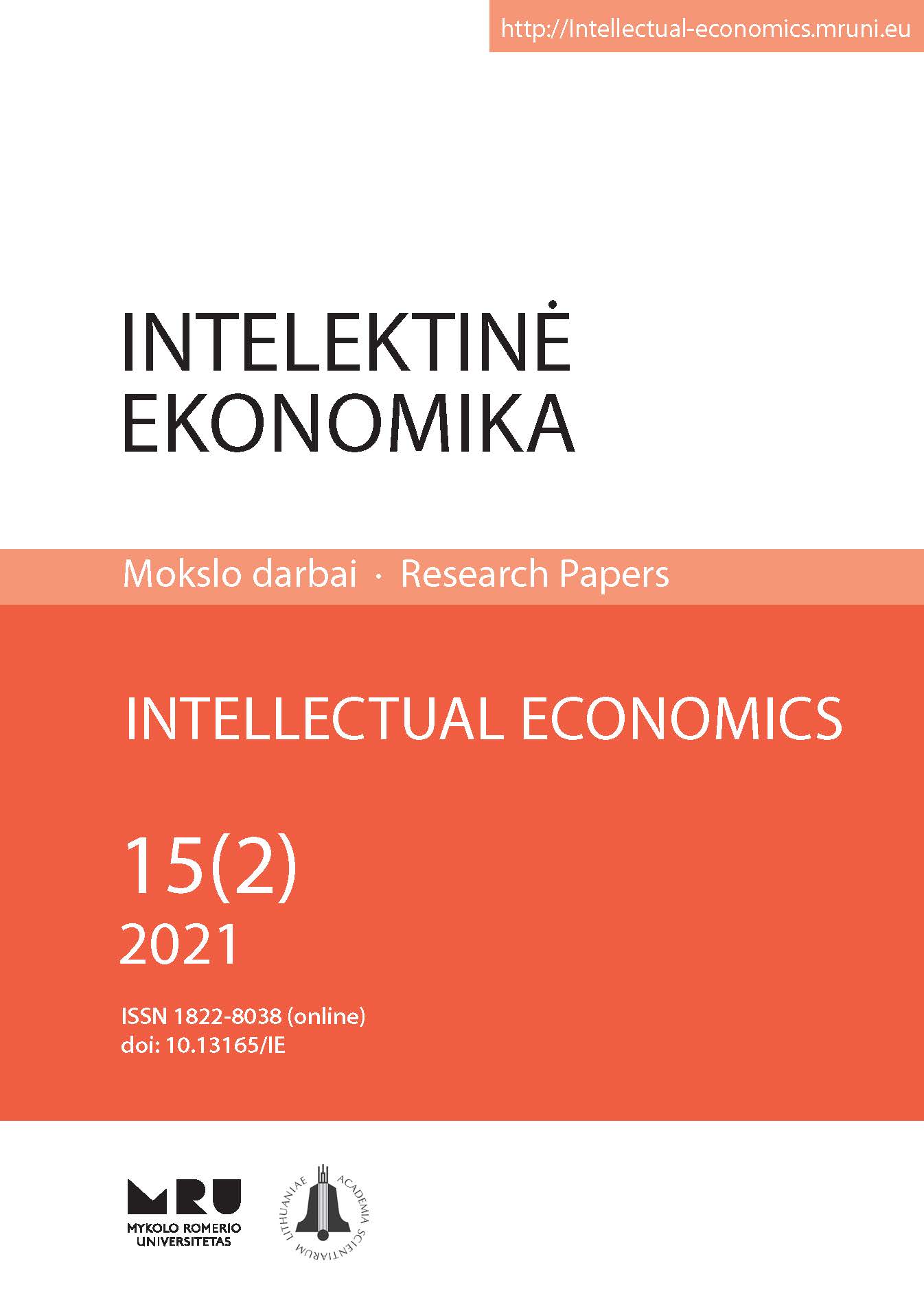ORGANIZATIONAL INNOVATION CAPABILITY: INTEGRATING HUMAN RESOURCE MANAGEMENT PRACTICE, KNOWLEDGE MANAGEMENT AND INDIVIDUAL CREATIVITY
ORGANIZATIONAL INNOVATION CAPABILITY: INTEGRATING HUMAN RESOURCE MANAGEMENT PRACTICE, KNOWLEDGE MANAGEMENT AND INDIVIDUAL CREATIVITY
Author(s): Gde Bayu Surya Parwita, Wayan Edi Arsawan, Viktor Koval, Raisa Hrinchenko, Natalia Bogdanova, Rima TamošiūnienėSubject(s): Labor relations, Organizational Psychology, Human Resources in Economy
Published by: Mykolas Romeris University
Keywords: human resource management practice; knowledge management; organizational creativity; organizational innovation capability;
Summary/Abstract: Despites research that reveals the organizational innovation capability has been carried out by several researchers, research that integrates human resource management practice and knowledge management model in build creativity is still underdeveloped. Therefore, the present study aimed to examines the nexus between human resource management practice and knowledge management with creativity to influence organizational innovation capability in small and medium enterprises. The present study used data collected from 405 respondents from the managerial level of 135 woodcraft SMEs in Indonesia. Data analysis employing partial least square SmartPLS 3.2.7. The results showed that human resource management practices, knowledge management, and creativity significantly influence organizational innovation capability. Meanwhile, knowledge management has no significant influence on organizational innovation capability. Another important finding is that creativity is a double mediator in the mediation mechanism tested in this research. Furthermore, the research help managers to optimize HRMP when seeking for creative employees to boost innovation capability, develop analytical skills to improve knowledge management practices and realize that KM not only signifies knowledge acquisition, rather it also greatly establishes metacognitive strategies for adopting, disseminating, and creating new ideas. This research also discusses the associated limitations.
Journal: Intelektinė ekonomika
- Issue Year: 15/2021
- Issue No: 2
- Page Range: 22-45
- Page Count: 24
- Language: English

